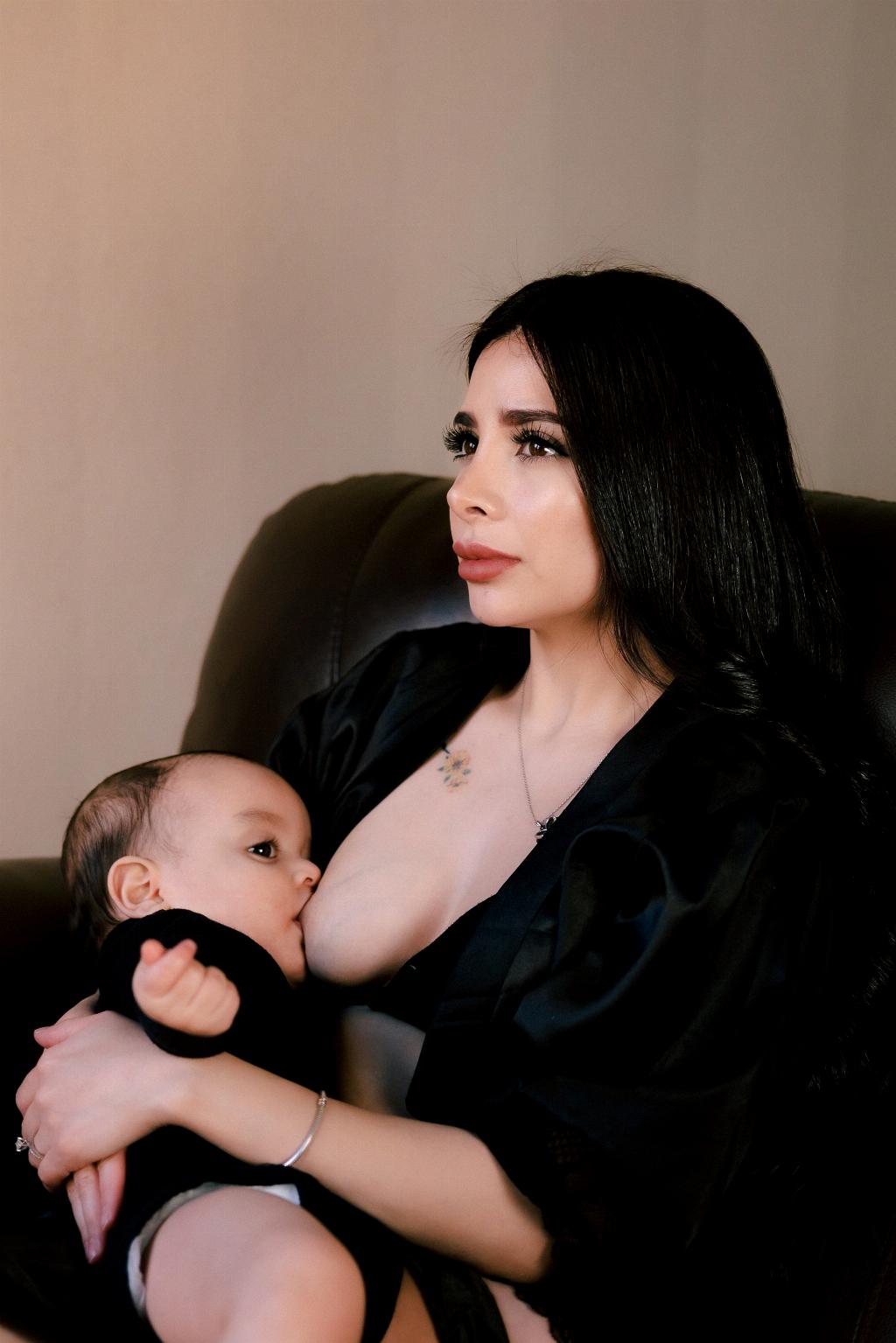When it comes to discussions about breastfeeding, one of the most common questions that often arises is regarding the duration of recommended breastfeeding by authoritative health organizations such as the World Health Organization (WHO). It is crucial to understand that WHO, along with the American Academy of Pediatrics, strongly advocates for the practice of breastfeeding for an extended period, specifically up to 2 years of age or even beyond.
As a global leader in public health, the World Health Organization emphasizes the importance of breastfeeding as a key component of promoting healthy growth and development in infants. Their recommendation is rooted in scientific evidence that supports the numerous benefits of breastfeeding not only for the infant but also for the mother.
Exclusive breastfeeding, which refers to feeding an infant only breast milk (no other liquids or solids) except for prescribed medicines, is recommended by WHO for the first 6 months of life. This exclusive breastfeeding period is crucial for providing infants with essential nutrients and antibodies that contribute to their overall health and immunity.
Following the initial 6 months of exclusive breastfeeding, WHO suggests continuing breastfeeding while introducing suitable solid foods. This complementary feeding phase is essential for meeting the changing nutritional needs of growing infants while still benefiting from the nutritional value and protective properties of breast milk.
Extending breastfeeding beyond the first year and up to 2 years or more is encouraged by WHO as it provides continued immunological protection, emotional security, and optimal nutrition for the child. Breast milk composition adapts to the changing needs of the growing toddler, offering a unique combination of nutrients that support their development.
It is worth noting that breastfeeding beyond infancy is a natural and normal practice in many cultures around the world. WHO recognizes the cultural, social, and emotional significance of breastfeeding and supports the rights of mothers to breastfeed their children for as long as they deem appropriate based on their individual circumstances and preferences.
Moreover, extended breastfeeding has been associated with various health benefits for both the child and the mother. For the child, it can contribute to lower rates of infections, improved cognitive development, and stronger bonding with the mother. For the mother, continued breastfeeding can aid in postpartum weight loss, reduce the risk of certain cancers, and promote emotional well-being.
Despite the numerous advantages of extended breastfeeding, it is essential to recognize that individual situations vary, and not all mothers may choose or be able to breastfeed for an extended period. Factors such as personal health, work commitments, and cultural beliefs can influence a mother’s decision regarding breastfeeding duration.
It is crucial for healthcare providers, lactation consultants, and support networks to provide accurate information and guidance to help mothers make informed decisions about breastfeeding. By fostering a supportive environment and offering evidence-based advice, caregivers can empower mothers to choose the breastfeeding duration that aligns with their goals and circumstances.
In conclusion, the World Health Organization’s recommendation of breastfeeding for 2 years or more underscores the significance of breastfeeding as a fundamental aspect of early childhood nutrition and development. By promoting and supporting extended breastfeeding practices, we can contribute to the well-being and optimal growth of infants while honoring the cultural and individual diversity surrounding breastfeeding.

